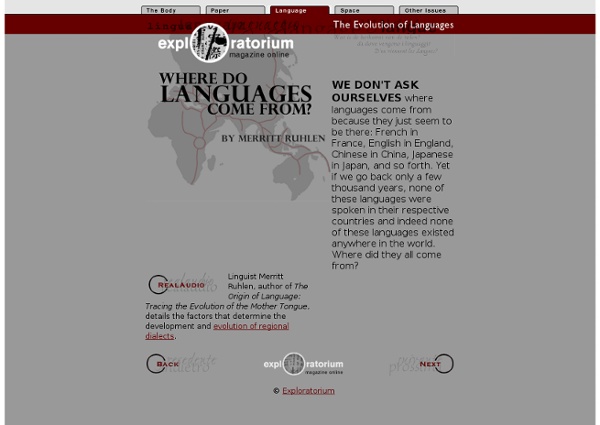



For Better for Verse | Sonnet 73 accent: emphasis given a syllable in ordinary usage, as provided by a pronouncing dictionary. See also stress. accentual-syllabic: the prosodic mode that dominated English-language poetry 1400-1900, and that this tutorial exclusively addresses. acephalous line: a “headless” line in iambic or anapestic meter, which omits (a) slack syllable(s) from the first foot. alexandrine: iambic hexameter line, usually with a strong midpoint caesura; most familiar in Romance-language poetry but not rare in English. alliteration: repetition of the same initial sound in nearby words. anapest: metrical foot consisting of two slacks and a stress: υ υ / anaphora: repetition of a word or phrase in initial position. assonance: harmonious repetition of the same vowel sound in nearby words. ballad meter: quatrain in alternating iambic tetrameter and trimeter lines rhyming abxb, traditionally used in folk narrative and during modern times adapted to lyric poetry. blank verse: unrhymed iambic pentameter. caesura: consonance:
Glossary of linguistic terms - StumbleUpon Context for this page: Modular book: Glossary of linguistic terms, by Eugene E. Loos (general editor), Susan Anderson (editor), Dwight H., Day, Jr. (editor), Paul C. Jordan (editor), and J. Douglas Wingate (editor) In bookshelf: Linguistics English - StumbleUpon Linguistic Geography of the United States Traditionally, dialectologists have listed three dialect groups in the United States: Northern, Midland, and Southern--although some scholars prefer a two-way classification of simply Northern and Southern, and one may also find significant difference on the boundaries of each area. The map shown above represents a synthesis of various independent field studies this century. These are in chronological order: the Linguistic Atlas fieldwork begun under the direction of Hans Kurath in the 1930's; the informal but extensive personal observations of Charles Thomas in the 1940's; the DARE fieldwork of the 1960's under Frederic Cassidy; and the Phonological Atlas fieldwork of William Labov during the 1990's. Although it may seem that a great amount of data has been collected over a short time span, the shifts in American dialects this century have been rapid enough to outpace the data collection. The New England Dialects The New York Dialects The Great Lakes Dialects The Upper Midwest Dialects
Words in English :: History A Brief History of English, with Chronologyby Suzanne Kemmer © 2001-2005 Pre-English | Old English | Middle English | Modern English The language we call English was first brought to the north sea coasts of England in the 5th and 6th centuries A.D., by seafaring people from Denmark and the northwestern coasts of present-day Germany and the Netherlands. New waves of Germanic invaders and settlers came from Norway and Denmark starting in the late 8th century. The Norman Invasion and Conquest of 1066 was a cataclysmic event that brought new rulers and new cultural, social and linguistic influences to the British Isles. William Caxton set up the first printing press in Britain at the end of the 15th century. Shakespeare wrote prolifically during the late 1500s and early 1600s and, like Chaucer, took the language into new and creative literary territory. By the 1700s almost all of the modern syntactic patterns of English were in place and the language is easily readable by modern speakers.